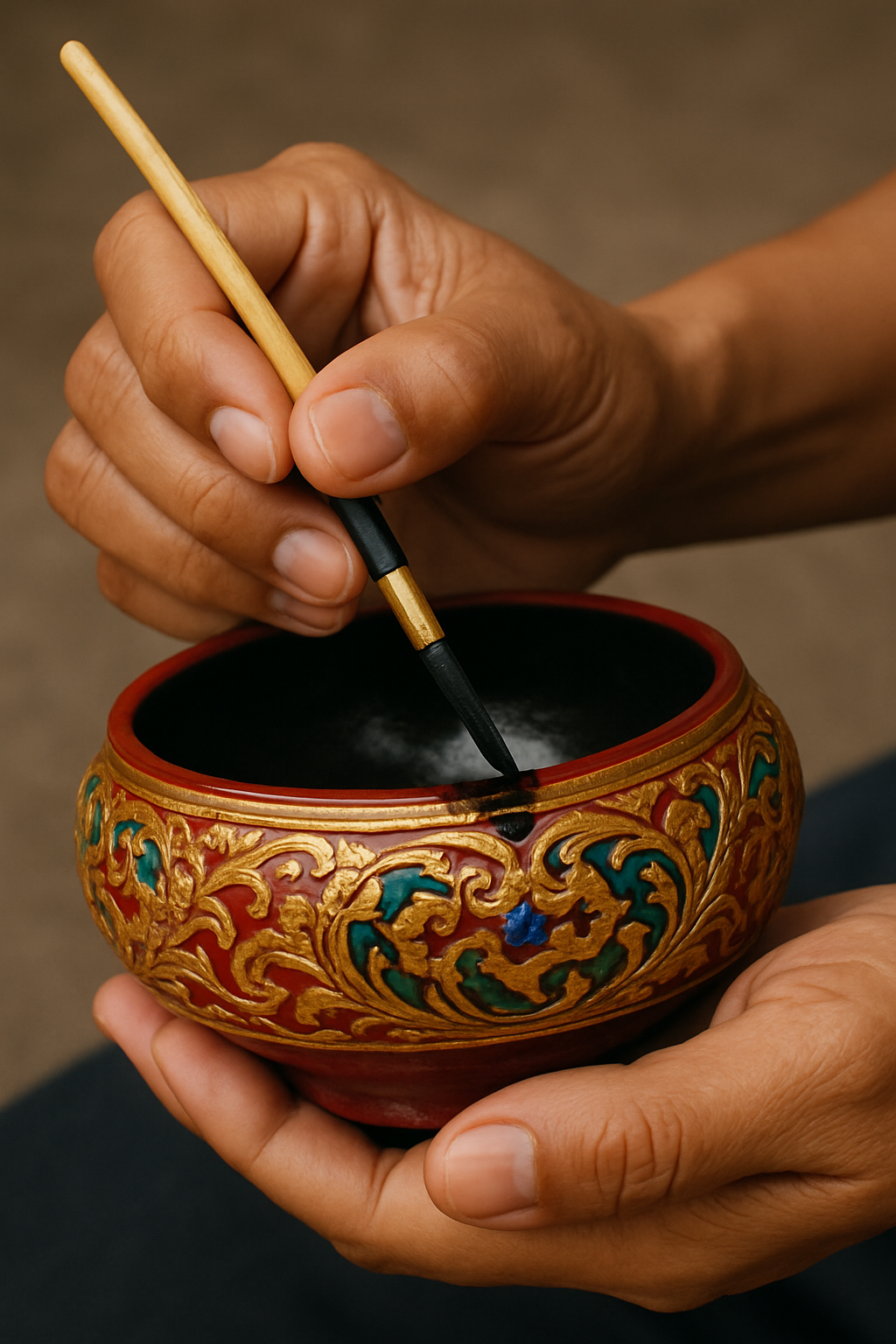Work in Thailand as a Foreigner.
If you're a foreigner considering working in Thailand, it’s important to understand the legal framework and requirements that come with employment in the country. This guide will walk you through the basic requirements, visa types, and work permit process to help you get started on the right path.
Basic Requirements
To legally work in Thailand, foreigners must meet two main requirements:
Possession of an appropriate visa that permits work
Holding a valid Thai Work Permit
Let’s break down what these mean in practical terms.
Visa Types
Not all visas allow foreigners to work in Thailand. The appropriate type depends on your profession, purpose, and other personal factors. The most common visa option is the Non-Immigrant Visa B (Business Visa), Often referred to as the “Non-B Visa,” . This is the most common visa for professionals and company directors working in Thailand.
You may discover other types of visa that allow you to work in Thailand under different conditions and benefit such as:
Long-Term Residence (LTR) Visa
Designed for highly-skilled professionals in targeted industries. The LTR visa offers attractive benefits, including a flat 17% income tax rate and permission to bring up to four family members.Destination Thailand Visa (DTV)
Aimed at digital nomads and freelancers looking to stay in Thailand for up to five years. While it allows for long-term residence, additional permissions may be required for employment.
Each visa type has a different validity period, set of benefits, and application process. To determine the best visa for your situation, speak with our experienced consultants for a personalized assessment.
Note: A Tourist Visa does not permit you to work in Thailand under any circumstance. You must obtain a valid visa from a Royal Thai Embassy or Royal Thai Consulate before arriving in Thailand.
Work permit
Once you have secured the right visa, the next step is obtaining a Work Permit.
A Work Permit is a legal document issued by Thailand's Ministry of Labour. It authorizes a foreign national to work in a specific role, for a specific employer, and at a designated location. Without this permit, even holding the correct visa does not entitle you to begin working.
Here are some key points about the Work Permit:
You must already hold an eligible working visa (usually the Non-Immigrant B Visa) before applying.
It specifies your job title, employer, and workplace.
It can be extended or canceled depending on employment status and legal compliance.
Restricted Occupation
There are certain jobs that foreigners are legally prohibited from doing in Thailand, as outlined in the law.
Here is the current list of prohibited occupations:
Labor work such as construction workers, except labor work in fishing boats under the next category below
Agriculture, animal husbandry, forestry or fishery, except work requiring specialized knowledge, farm supervision, or labor work in fishing boats, particularly marine fishery
Bricklaying, carpentry, or other construction work
Wood carving
Driving motor vehicles or vehicles which do not use machinery or mechanical devices, except piloting international aircraft
Front shop sale
Auction sale work
Supervising, auditing, or giving service in accountancy, except occasional internal auditing
Cutting or polishing precious or semi-precious stones
Haircutting, hairdressing, or beautification
Cloth weaving by hand
Mat weaving or making utensils from reed, rattan, jute, hay, or bamboo
Traditional Handmade paper (Kradas Sa)
Thai Traditional Lacquerware work
Making of Thai musical instruments
Niello ware making
Goldsmith, silversmith, or gold-and-copper alloy smith work
Stone polished-metalware
Making Thai traditional dolls
Making mattresses or quilts
Making alms bowls
Making silk products by hand
Making Buddha statue
Making Knife
Making umbrellas with papers or clothes
Making shoes
Making hats
Brokerage or agency, except in international trading.
Professional civil engineering concerning design and calculation, systemization, analysis, planning, testing, construction supervision, or consulting services, excluding work requiring specialized techniques
Professional architectural work concerning design, drawing-making, cost estimation, or consulting services
Dressmaking
Clay Pottery
Cigarette rolling by hand
Tour guiding or conducting
Hawking of goods
Thai typesetting by hand
Unwinding and twisting silk by hand
Clerical or secretarial work
Providing legal services or engaging in legal work (except arbitration work sand work relating to defense of cases at arbitration level, provided the law governing the dispute under consideration by the arbitrators is not Thai law)
Any foreigner who works without a valid work permit or performs work beyond the authorized scope is subject to a fine and deportation to their home country. In addition, they will be prohibited from applying for a work permit for a period of 2 years from the date of the offense.
Employers or business establishments that hire foreigners without a valid work permit, or allow them to work beyond their authorized scope, are subject to fines. If the offense is repeated, they may face imprisonment and will be prohibited from employing foreigners for a period of 3 years.
Ready to Start Your Journey in Thailand?
Whether you're a professional, freelancer, or entrepreneur, Thailand offers exciting opportunities for foreign workers. Let our experienced immigration team guide you every step of the way.
From selecting the right visa to securing your work permit and ensuring full legal compliance, we provide tailored services to make your transition smooth and stress-free.




